The Sexual Politics of Time: Confession, Nostalgia, Memory
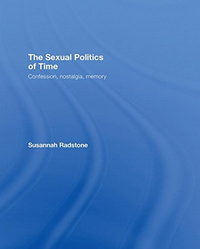
Summary
Looking at a diverse range of texts including Marilyn French's The Women's Room , Philip Roth's Patrimony , the writings of Walter Benjamin and Fredric Jameson, and films such as Cinema Paradiso , Susannah Radstone argues that though time has been foregrounded in theories of postmodernism, those theories have ignored the question of time and sexual difference. The Sexual Politics of Time proposes that the contemporary western world has witnessed a shift from the age of confession to the era of memory. In a series of chapters on confession, nostalgia, the 'memories of boyhood' film and the memoir, Susannah Radstone sets out to complicate this claim. Developing her argument through psychoanalytic theory, she proposes that an attention to time and sexual difference raises questions not only about the analysis and characterization of texts, but also about how cultural epochs are mapped through time. The Sexual Politics of Time will be of interest to students and researchers of time, memory, difference and cultural change, in subjects such as Media and Cultural Studies, Sociology, Film Studies.
Similar Books
-
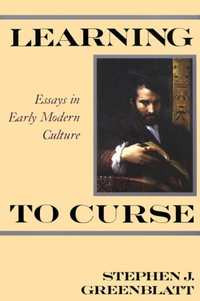 Learning to Curse: Essays in Early Modern Culture
Learning to Curse: Essays in Early Modern Cultureby Stephen Greenblatt
-

-

-
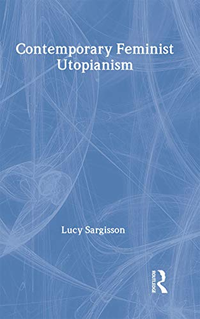 Contemporary Feminist Utopianism
Contemporary Feminist Utopianismby Lucy Sargisson
-
 The Experimental Arabic Novel
The Experimental Arabic Novelby Stefan G. Meyer
-
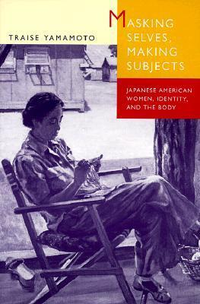
-
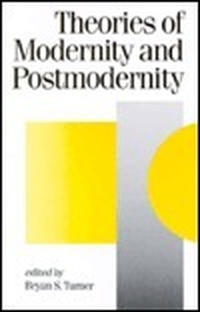 Theories of Modernity and Postmodernity
Theories of Modernity and Postmodernityby Bryan S. Turner
-
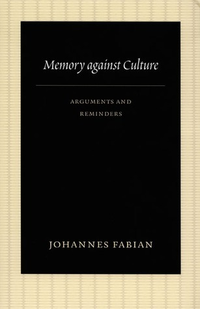 Memory against Culture: Arguments and Reminders
Memory against Culture: Arguments and Remindersby Johannes Fabian
-
 Travel Writing and Empire: Postcolonial Theory in Transit
Travel Writing and Empire: Postcolonial Theory in Transitby Steve Clark
-
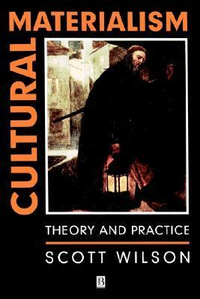 Cultural Materialism: Theory and Practice
Cultural Materialism: Theory and Practiceby Scott Wilson
-
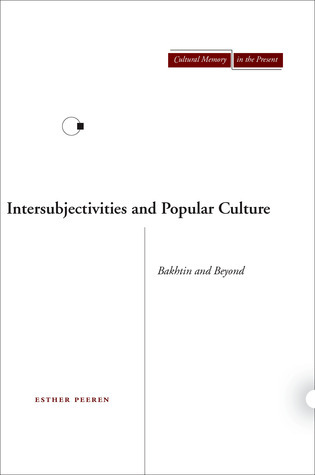 Intersubjectivities and Popular Culture: Bakhtin and Beyond
Intersubjectivities and Popular Culture: Bakhtin and Beyondby Esther Peeren
-
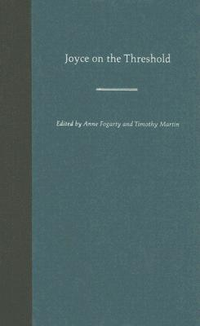 Joyce on the Threshold
Joyce on the Thresholdby Anne Fogarty
-
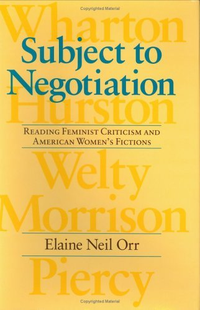
-
 Marvelous Journeys: Routes of Identity in the Caribbean Novel
Marvelous Journeys: Routes of Identity in the Caribbean Novelby Margaret Heady
-
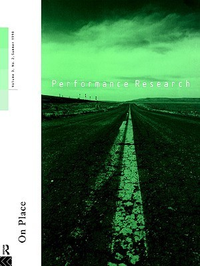 Performance Research: On Place: Volume 3 Issue 2
Performance Research: On Place: Volume 3 Issue 2by Ric Allsopp
-
